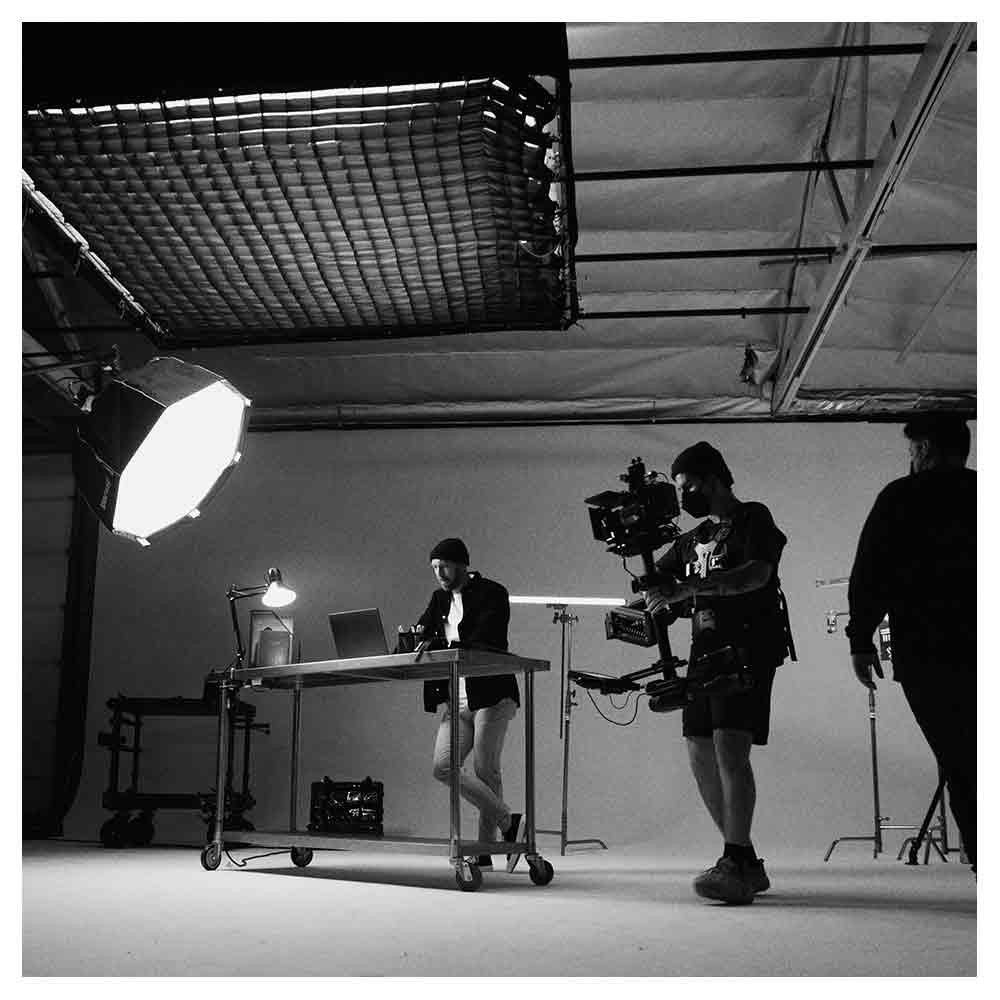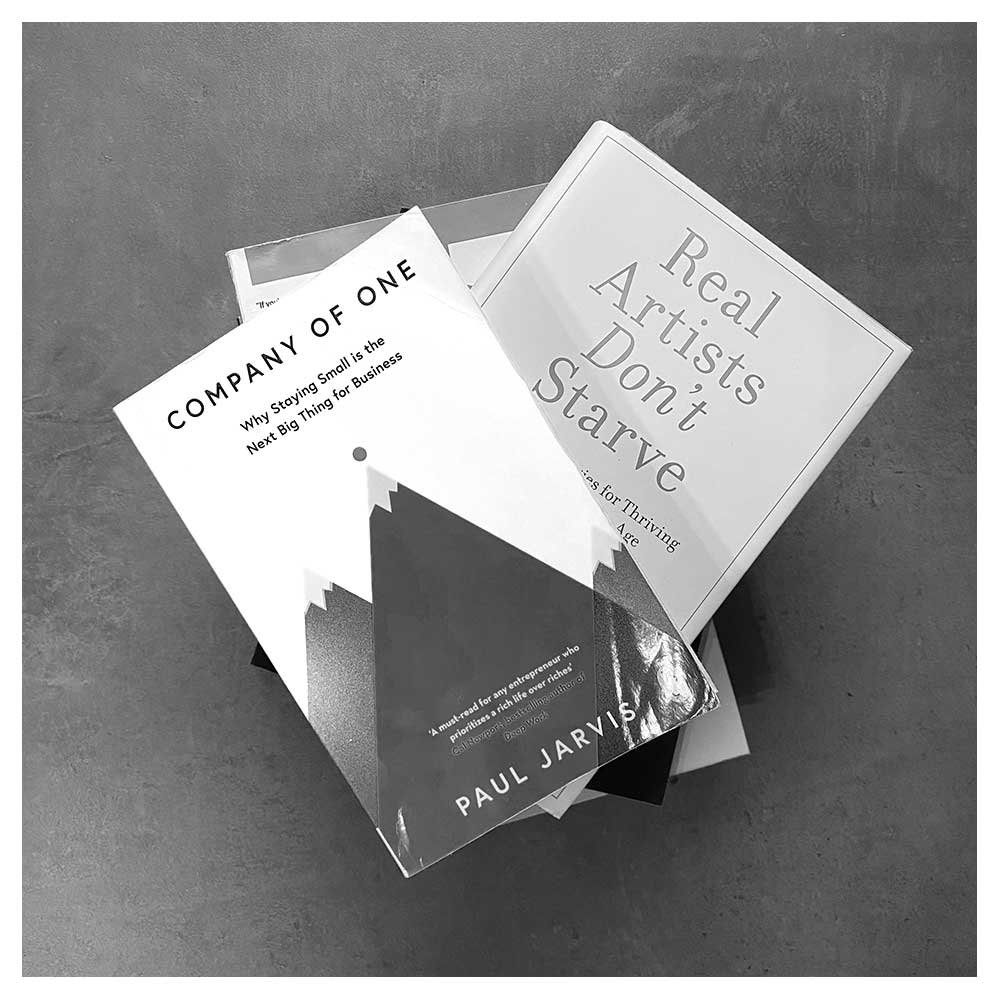What is a Producer? Exploring the World Behind the Scenes
As viewers, we often remain engrossed in the on-screen drama, comedy, or action, paying little attention to the names rolling in the end credits.
However, these names signify vital cogs in the wheel of film production, with the producer being the linchpin.
In simple terms, a producer is the maestro of a film or television project, responsible for steering the ship from the conception phase to the silver screen.
They are the driving force, juggling multiple hats throughout the production process and ensuring the successful culmination of a creative vision.
The A-Z of Producers: Breaking Down the Types
Many often wonder, "What does a producer do?" With multiple producers usually attached to a single film project, it's crucial to understand the different types of producers and their roles.
Film Producer: A film producer is often the person who kick-starts the project, overseeing film production from the initial idea to the finished product. They work hand-in-hand with a production company or production companies, managing the logistical and business operations of the film.
Executive Producer: The executive producer's role can vary significantly, but they are usually involved in the big-picture aspects of a project. They often secure project funding or significantly contribute to the screenplay development.
Line Producer: Unlike other producers, the line producer handles the day-to-day operations of the film set, keeping a keen eye on the budget and production timeline. They are often responsible for physical production logistics, ensuring an efficient production process.
Associate and Assistant Producers: These roles can be seen as the "support staff" of the producer team. Associate producers and assistant producers assist in various tasks, from pre-production to post-production, under the guidance of the lead producer or executive producers.
Supervising Producer: This role is more common in television production, where a supervising producer oversees multiple episodes or even entire seasons of a show. They ensure continuity in storytelling and production quality.
Co-Producer: A co-producer typically shares the producer's responsibilities, often brought onto a project due to specific expertise or local knowledge that adds value to the film.
Television Producer: A television producer works in TV production, supervising the creative, financial, and logistical aspects of a television show.
There are other types of producers as well, like segment producers, field producers, coordinating producers, and consulting producers, each with unique responsibilities tailored to specific production needs.
What does a Producer do?
Now, let's dive deeper into the producer's job, understanding what makes a good producer in this multifaceted industry.
Pre-Production
This phase involves most of the planning, with screenplay development, casting, and hiring the creative team, including directors, production designers, and the film crew.
The producer manages the pre-production phase, ensuring everything is ready before the cameras start rolling.
Production
During the production phase, the producer continues to oversee operations. They coordinate with the creative and production teams, ensuring the filming stays on schedule and within budget.
The producer also solves any problems that may arise on the set. The line producer, unit production manager, and production assistant play pivotal roles in this stage.
Post-Production
Post-production involves everything that happens after filming wraps up. This stage includes editing, sound design, visual effects, and music composition.
In this phase, the producer ensures that the creative vision translates onto the screen.
Marketing and Distribution
The producer's job continues after the film's final cut. They play a crucial role in marketing the film and finding a distributor to ensure their project reaches the intended audience.
They might also devise marketing strategies with studio executives and public relations teams.
Becoming a Producer: How Can You Join the Ranks?
Becoming a producer is a complex process. It requires a combination of education, typically a bachelor's degree in film or a related field, and real-world experience.
Starting as a production assistant or an associate producer provides a practical understanding of the film industry, which is crucial for any aspiring producer.
The Producers Guild also offers resources and networking opportunities for individuals interested in producing jobs.
But remember, a producer's role can be as creative as it is administrative. Successful producers are those who balance the artistry of film with its business realities.
In Conclusion: The Symphony of Film Production
In essence, the producer is the powerhouse that propels a project forward. They are the ship's captains, the orchestra's maestros, and the team's coaches.
The producer hires the creative producers and other key personnel, sets the production timeline, and manages the creative process, always ensuring the project stays true to its creative vision.
While becoming a producer can be challenging, it's an immensely rewarding role. From screenplay development to post-production, the producer oversees the entire journey of a film project, making major creative decisions and managing logistics and business operations.
So, the next time you sit down to enjoy a movie or a TV show, spare a thought for the producer – the creative, logistic, and financial force that brought your favorite content to life.
Frequently Asked Questions about Producers (FAQs)
Do producers make money?
Yes, producers do make money. They are typically paid a fee for their work during the film's production, and they may also receive a percentage of the film's profits, depending on their contract.
What is a producer vs director?
A producer is primarily involved with the business side of filmmaking. They secure funding, manage budgets, hire key staff, and coordinate production logistics. On the other hand, a director is responsible for the creative aspects of the film, such as the look, tone, and storytelling.
Do film producers get royalties?
Yes, depending on their agreement, film producers can get royalties from the revenues generated by the film.
Is being a producer a good job?
It can be a highly rewarding job for individuals who enjoy a blend of creativity, leadership, and business acumen. Producers have the chance to bring creative visions to life, making significant contributions to the world of entertainment.
Do producers make more money than actors?
This depends on the specific project and the individuals involved. Some top-tier producers might make more than actors, but typically, the highest-paid actors often make more than the producers on a single project.
Why do films have so many producers?
Films have many producers because of the complexity of film production. Different producers handle various aspects like financing, logistics, post-production, etc.
What are the benefits of being a producer?
Being a producer gives one creative control and decision-making power over a film or TV project. It also provides the opportunity to work closely with various talents and professionals.
Do producers work a lot?
Yes, producing is often a highly demanding job that involves long hours, managing complex logistics, and making crucial decisions.
Do producers have agents?
Like actors and directors, producers often have agents to represent them and negotiate contracts on their behalf.
What percentage of profits do film producers get?
This depends on the contract and the success of the film. On average, a producer might receive anywhere from 5% to 20% of a film's profits.
Who is the biggest movie producer?
There are many successful producers in Hollywood, but names like Steven Spielberg, Kathleen Kennedy, and Jerry Bruckheimer often top the list.
Why do actors turn producers?
Actors often turn to produce to have more creative control over their projects, and producing allows them to shape the project from its inception.
Are producers bigger than directors?
Regarding responsibilities and control over a project, producers typically have more say. However, both roles are crucial to a film's success.
Can a movie have multiple producers?
Yes, it's quite common for movies to have multiple producers. Each one typically handles different aspects of the production.
How many producers do you need on a movie?
The number of producers of a movie can vary widely. A small independent film may only have one or two, while a large blockbuster film could have many more.



























